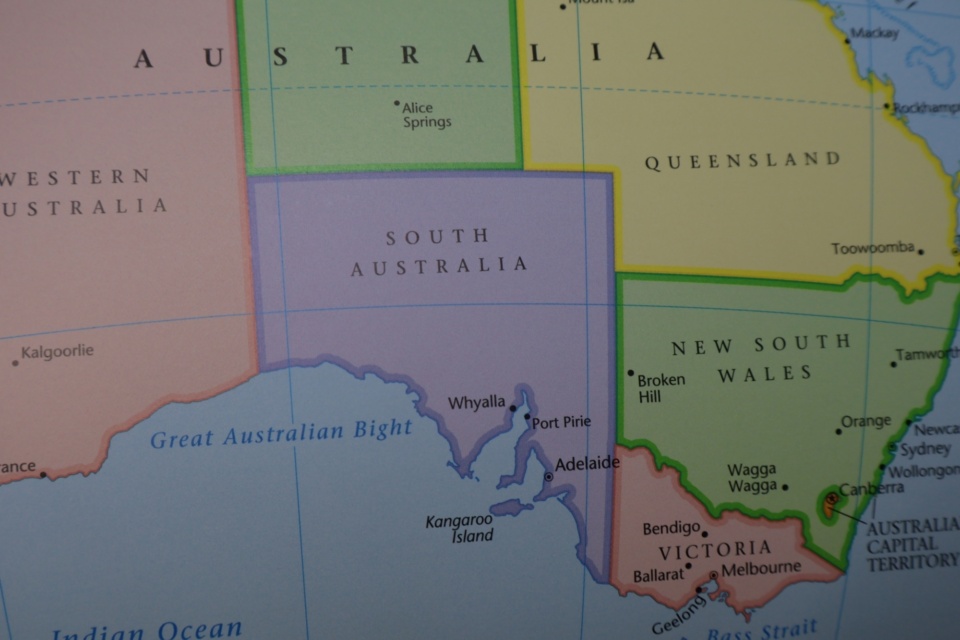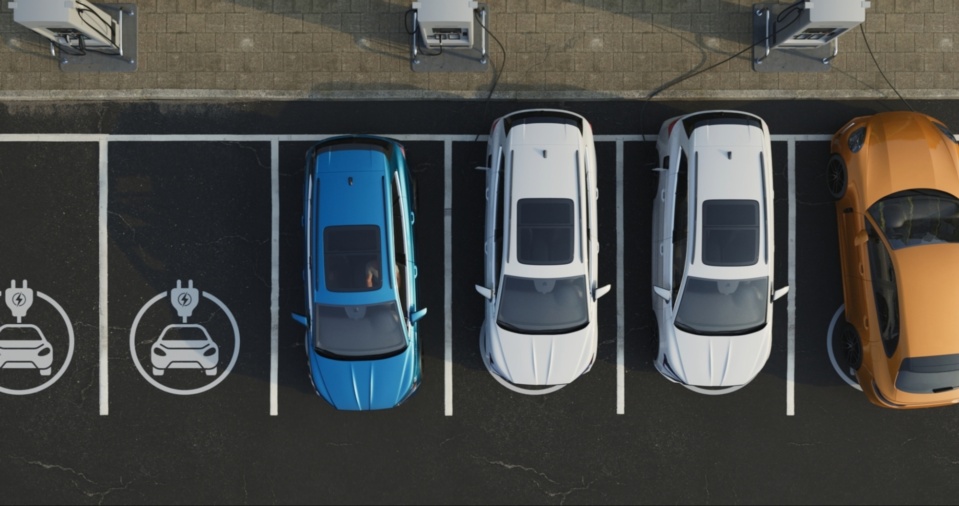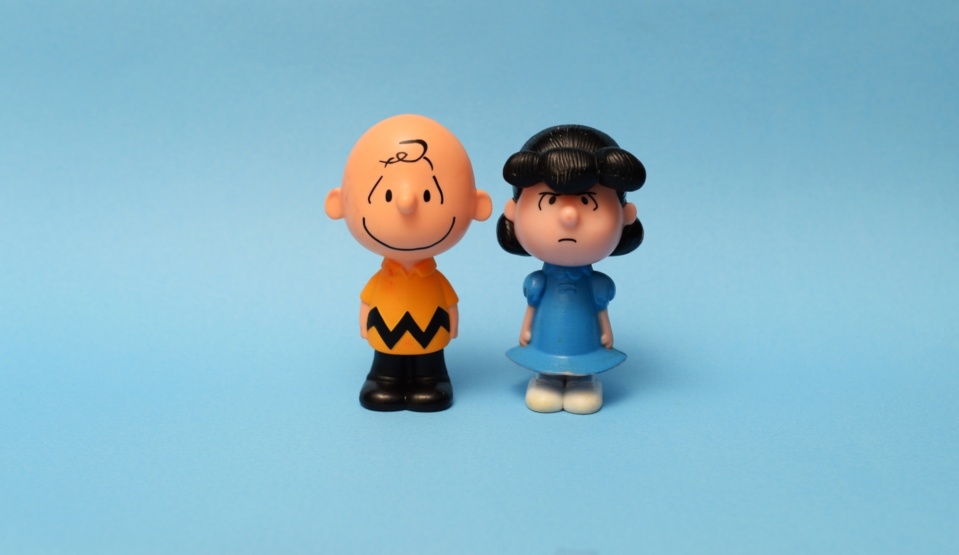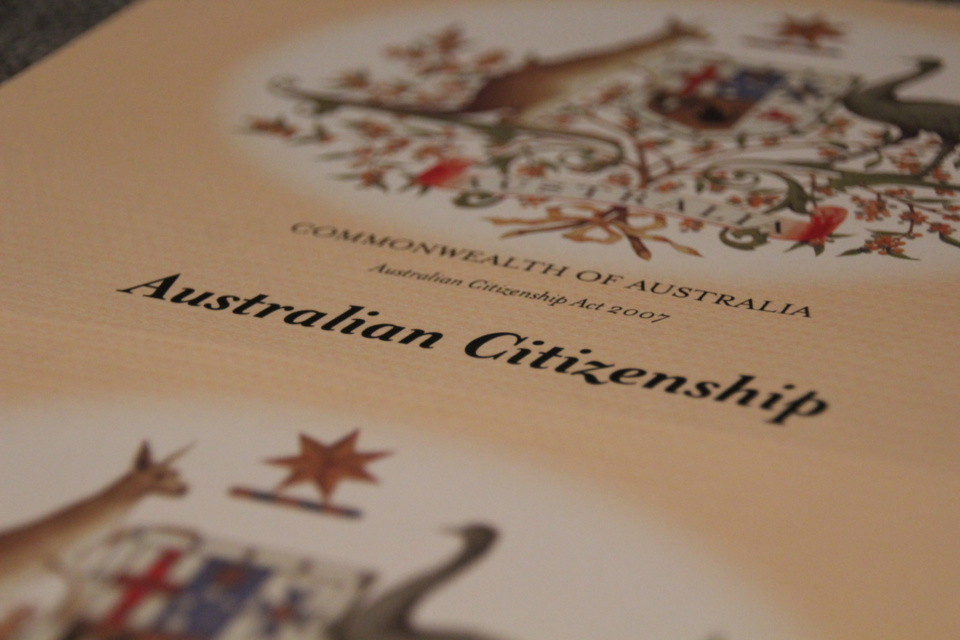
One Nation’s chances as a dominant conservative party are piñata-like
Posted on 11 Feb 2026
Opinions polls insist Pauline Hanson's fortunes are on the rise, but it is likely that enthusiasm…
Posted on 13 Mar 2025
By Denis Moriarty

Our party-political system isn't perfect, but it could be a whole lot worse, writes group managing director of Our Community, Denis Moriarty.
I was talking to a group of people the other day about the upcoming election, and when someone asked for my opinion, I began, “As an old leftie…”. Then I realised that I was talking to a group that included, for generational reasons, nobody who knew what that implied, nobody who had lived in the era of unchallenged two-party politics, and indeed nobody who really differentiated between the standards that one would apply to a government and the standards that apply to an Instagram post.
The current vibe is that you want your local member to push the things you want to happen. For that to be possible, they need to be free of prior commitments to anybody else’s manifesto. Party members are tied to wide-ranging programs that reflect the influence of vested interests, party donors, and ambitious careerists, while independents can look at every issue as it arises and do the right thing. If I want to justify supporting Labor, that is, I don’t just have to do that specifically, I first have to defend supporting a party rather than joining the general drift to independents (8% in 1980, 32% in 2022, strong number goes up energy). So let’s do that.
My first problem is that Australia has never really come to terms with what parties are, and what they do. They don’t get a mention in the constitution, and the English tradition that underpins ours had a similar blind spot. We’re all committed to the legal fiction that MPs look at the legislation in front of them, form an opinion on its merits, and vote the way their conscience tells them, despite the simple fact that this couldn’t conceivably work as a system.
I work with the community sector, which is made up mainly of people working for no pay or low pay for idealistic ends. If anybody was able to work in this disinterested and unbiased fashion, it’d be the community workers. But we don’t. On our boards and committees we habitually organise, compromise, squabble over priorities, trade votes, try to please our funders, and remain unable to break out from our histories, and in the end we do as much good as we can, along with as little harm as we must, because the thing about decision-making bodies is that they have to make decisions in the real world.
"Our governance situation isn’t as bad yet as the one in the US, where outmoded constitutional structures have allowed the parties to cancel each other out and throw the government to looters. That’s not a high bar, though, and we do need to look steadily at what we’re doing."
And we in the community sector have it soft. We’re in the business of being good. We don’t have to keep up an army to kill our opponents, or a coal mine to employ our members, or do anything we don’t want to do. Every government is, among other things, an amoral device to shift bad things on to other people outside the charmed circle of voters. As Machiavelli pointed out, a virtuous government is an oxymoron.

Governments must have a position on everything, including all those no-win propositions that involve a choice among inevitable but undesirable outcomes. Independents don’t have to. Louis XIV said of governance that every benefaction he made created 499 dissatisfied candidates and one ingrate, and that’s a general truth. Independents can’t disappoint people with their actions in government, because they’re not in government.
There are things governments can do – foreign aid, say – that attempt to take the curse off government grubbiness, but the Australian public won’t let this go too far. And democratic government is an attempt to keep the view of the Australian public in view, however misguided or uninformed the parliamentarians think it is. Independents can cater to our desire to be holier-than-thou; governments know that the electorate is inexorably majority thou.
I’m not knocking independents, individually or collectively – in fact I looove the current crop – mostly women and incredibly intelligent (I hope they get a second term). They’re up there on the parapet waving a banner to tell the governing parties that these issues can’t be brushed aside – and they have been the ones forcing great public policy outcomes. Good for them. The problem, though, is that this works only if there are governing parties around to do the heavy lifting. In modern Australia, parties are a wasting asset. The Liberals and Labor together wouldn’t score in the top 50 influencers.
Our governance situation isn’t as bad yet as the one in the US, where outmoded constitutional structures have allowed the parties to cancel each other out and throw the government to looters. That’s not a high bar, though, and we do need to look steadily at what we’re doing.
All democratic governments, and all governing parties, have aspects that are almost intolerable. They always have, and they always will. I left my party some years ago because of its refugee policy. I came back later not because its policy had changed but because the alternatives were increasingly worse.
It’s very hard to make a moral case for choosing the lesser of two evils, but it’s very stupid to act as if that wasn’t the choice before us. Parties exist to bring enough people together to exercise power. Exercising power entails making choices, and allocating priorities, and bowing to pressure, and doing a range of things that make it impossible to please everybody.
Two cheers for democracy, as the novelist EM Forster said. And one cheer – okay, a reluctant nod, then – for the party system.
Denis Moriarty is group managing director of OurCommunity.com.au, a social enterprise that helps the country's 600,000 not-for-profits.
We're proud to take a stand on progressive issues. Here's a taste of our commentary.

Posted on 11 Feb 2026
Opinions polls insist Pauline Hanson's fortunes are on the rise, but it is likely that enthusiasm…

Posted on 28 Jan 2026
This year’s Adelaide Writers’ Week began with the cancellation of a talk by Palestinian-Australian…

Posted on 17 Dec 2025
Posturing by the US president about Europe's immigration policies, even warnings of future…

Posted on 03 Dec 2025
If you wanted an example of the problems inherent in federal systems, you couldn’t do better than…

Posted on 19 Nov 2025
When it comes to loyalty to car brands, it can be confusing who we should support, and, even more…

Posted on 05 Nov 2025
Before the Prime Minister gets too excited about his recent meeting with the American President, he…

Posted on 14 Oct 2025
The idea of "long term" is not something that sits well in the social media era, yet governments…

Posted on 30 Sep 2025
I am proud of what Our Community, and its exceptional team, have achieved in the past 25 years. As…

Posted on 16 Sep 2025
Happy Australian Citizenship Day! To mark the occasion, Our Community leader Denis Moriarty takes…

Posted on 02 Sep 2025
Words live, evolve, and sometimes die. Some words are invented from scratch, some are old words…

Posted on 26 Aug 2025
The cost of the National Disability Insurance Scheme (NDIS) is climbing relentlessly – $44 billion…

Posted on 04 Aug 2025
The new leader of the Liberal Party, Sussan Ley, wants to increase the proportion of women…